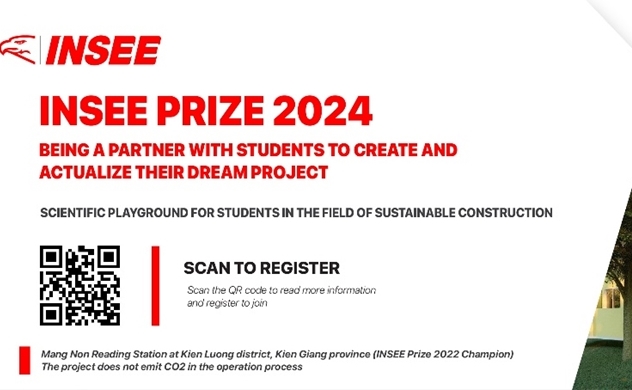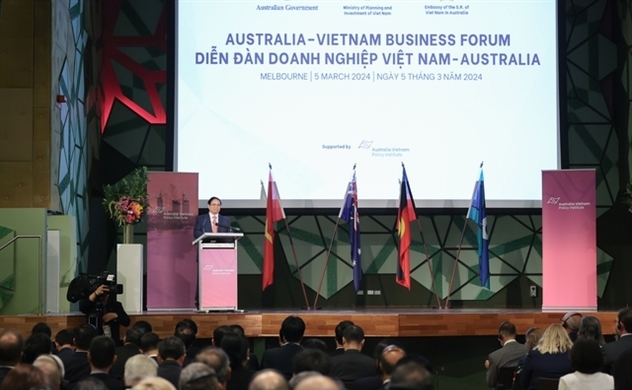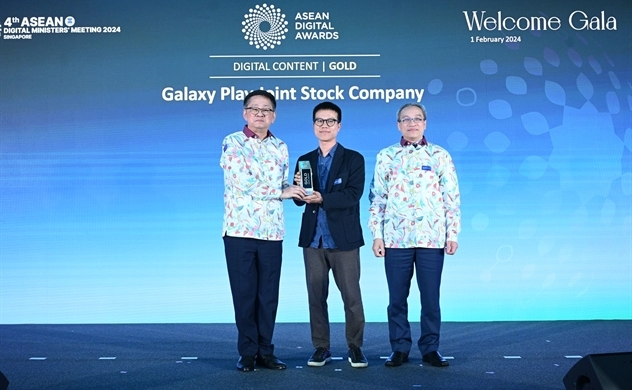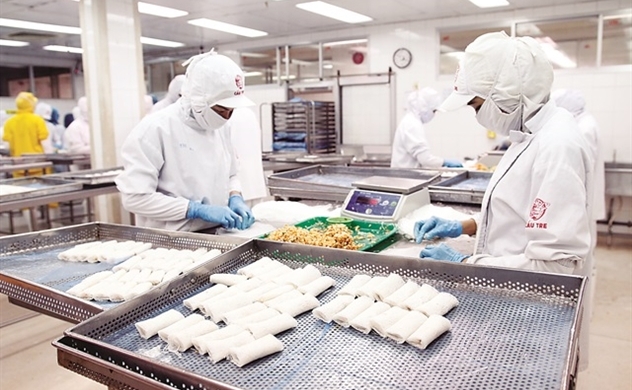Vietnamese next-gen family business leaders on the transfer process
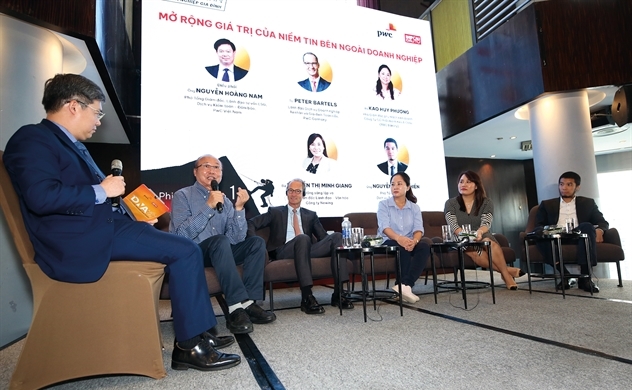
Family enterprises account for 90% of all firms, 70% of jobs, and 50% of GDP. They were known for superior products and services. Philanthropy has also helped family companies establish community trust and contribute back to society.
Family companies are struggling in a climate-changed world where the majority of customers are young people who value diversity and inclusiveness. Vietnamese next-gen family business leaders are struggling overcome challenges.
Test DNA of an ant
In 2018, Kao Huy Phuong returned home to inherit the family business from her father Mr. Kao Sieu Luc, the owner of ABC Bakery. Resuming working for her family business, Phuong decided to expand the market of a nearly 40-year-old enterprise by exporting. Pursuing for a year, she finally succeeded in conquering one of the most difficult markets in the world, Japan.
"I even went to learn Japanese to fill in the cultural differences between my clients and me," Phuong recalled. Now, the company ships 28 fresh cake containers to Japan each month.
Many years ago, in the process of exporting to Japan, the company's products arrived in the country and an ant appeared on the outside of the packaging. Because the ants are outside the product packaging, Phuong said that it may be the customer's fault and that the ant could have Japanese origin.
However, the Japanese partner company did an unbelievable thing, they brought the ant for a DNA test. The conclusion showed that there are 41 species of ants in Japan. With the size of the head and wings as the sample obtained, they determined that this was not an ant of Japanese origin but from Vietnam.
Why were the Japanese so persistent just because of one ant? Through the above lesson, Ms. Phuong sees that perseverance plays an important role in the process of building trust from customers and the previous generation of F1. In addition to putting faith in a good product, trust in people has greater value.
 |
F2 challenge
While the leadership of the first generation in Binh Tien Company (Biti's) is quite smooth, being CEO of Vu Le Quyen is a big challenge. After becoming the driver of a nearly 40-year-old business for 3 years, the female CEO in her 30s faced a crisis that she only met once in a hundred years. The COVID-19 pandemic hit, half of the stores had to close and the factory was only operating at 40% capacity. How to maintain the lives of 10,000 families who are dependent on the Company is a conundrum that the young female CEO needs to solve.
Quyen chose to communicate clearly with all employees. “I don’t know when the crisis will end,” she recalls, “so the best way is to make the situation clear to staff and share how we will get through it together.”
“No crisis should be wasted,” advised Dr. Peter Bartels on how businesses can turn critical situations into communication opportunities. That's when shareholders know how the business manages to survive and what direction they want to go. In the past, in a family business, there was a "master-servant" mindset. This kind of thinking is no longer true for the new age. Instead, "respect" is the keyword that young F2 generations like Quyen and Phuong choose in their behavior with those who have built property with them.
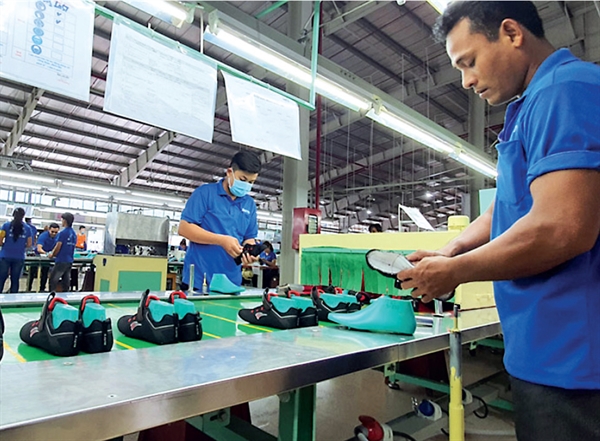 |
To break the custom of the wife being the HR director, many Asian family companies are hiring outside HR directors. Mr. Siew Quan Ng, Asia Pacific Family and Private Business Service Leader, PwC Singapore, said the new policy respects and supports workers to be more involved.
“I always question why,” Quyen said of how she questioned the existing governance model and governance ideas when she took over the property from her father. Quyen has tried to grasp the belief basis under the previous governance paradigm and assist people remove the iceberg to be happy and more productive. She shares the company's vision and objective with all 10,000 employees, contrary to the principle of not oversharing. “Sustainable businesses come from sustainable people,” says Quyen.
Indevco Group Chairman of the Board and General Director Mr. Do Tien Dung has another technique to establish employee trust. Mr. Dung remarked, “It is necessary to be inspired every day so that they can believe that what they are doing is useful.” Giving workers confidence and goals in their job helps the firm reach its ultimate aim.
Before becoming Biti's CEO, Vu Le Quyen worked for 14 years in various roles.
Mr. Do Tien Dung, his Indevco Group successor, had a similar experience. "They can start by taking over a business unit in the enterprise, then transfer from one department to another," said Mr. Siew Quan Ng. These processes assist them learn family manufacturing and trust the firm.
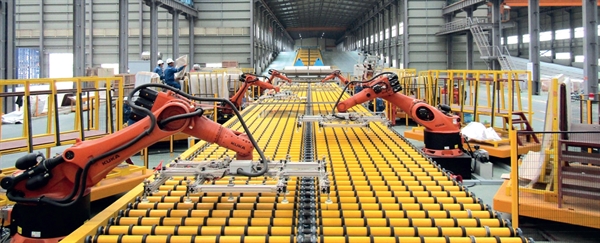 |
Ready for transfer
The trust ratings of family members in 2,000 family enterprises globally were startling. In Vietnam, just 28% value familial trust, compared to 63% globally.
Mr. Do Tien Dung said, "This result is not surprising." Some Asians assume family trust. Mr. Dung stated, “What is not seen is lost.” If family members don't build trust, it's easy to lose. Family enterprises like Indevco and Biti's succeed by being honest and setting standards for communication.
The short lifetime of Vietnamese family companies may partly explain the lack of family trust. Vietnamese family enterprises are young compared to European ones, with most under 40 years old. They are not natural to the family culture and might produce disagreements due to poor communication. Mr. Siew Quan Ng suggested that Vietnamese family enterprises improve communication by treating family members and employees equally.
Returning to Kao Huy Phuong, she is studying to take over her father's pastry company, which he built as an angel investor. She stated her connection with her father was based on trust. She convinced "angel investor" Kao Sieu Luc to construct a cake factory for export in 2018. She introduced new ideas to the company as Deputy Director. To ensure a seamless succession, all parties should transfer slowly and carefully.
Family, business, and inheritance comprise family management. Family is love, business is power, and fortune is money. "This relationship is very complicated and the family fails because it doesn't know how to manage these three pillars," said Dr. Peter Bartels. Building family trust requires a defined governance framework, including who is in which pillar.
The 1st generation must prepare for retirement and the 2nd generation for leadership. “They will get bored and continue to interfere,” stated Dr. Peter Bartels. After retirement, they can work as business advisers or follow new trends, as well as pursue sports.
“There is no shortcut for the transfer,” Mr. Siew Quan Ng said of the 5-10-year process.
Same category news
-
Hoàng Kim
Latest news
-
Huyen Hoang

 TIẾNG VIỆT
TIẾNG VIỆT _291615658.jpg)
